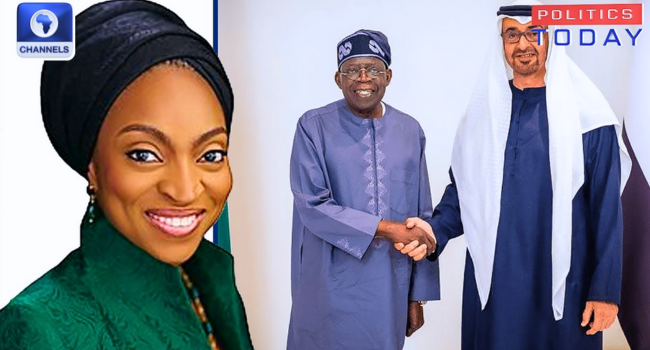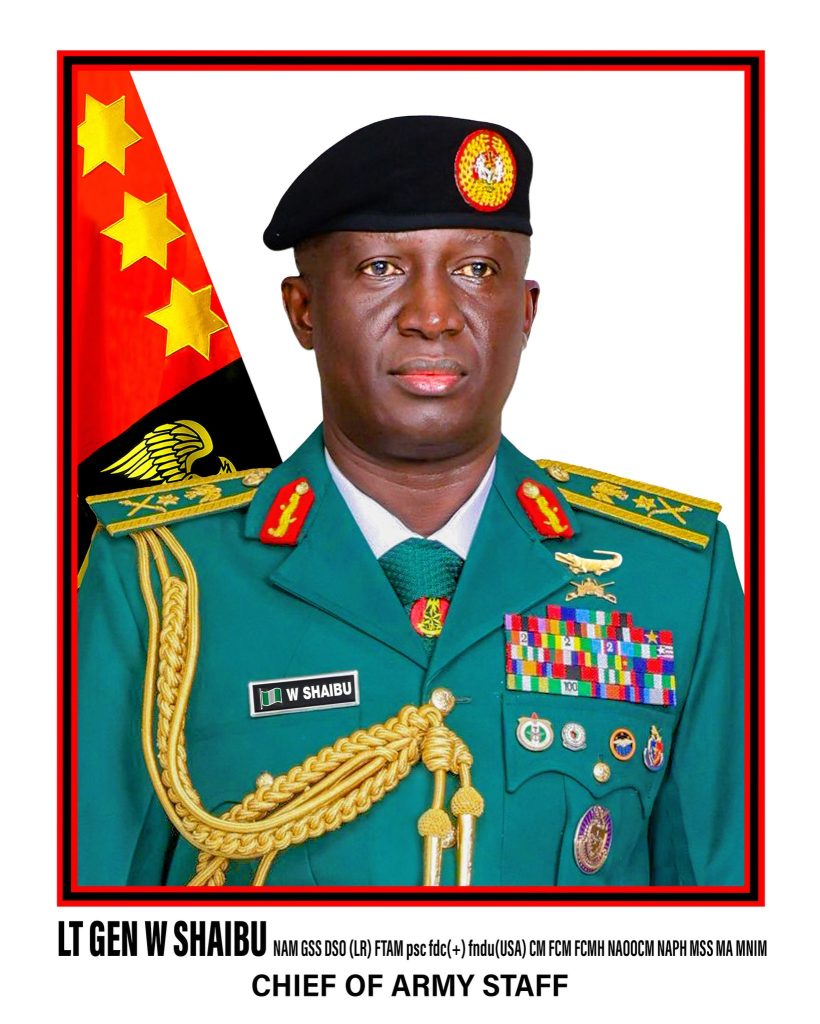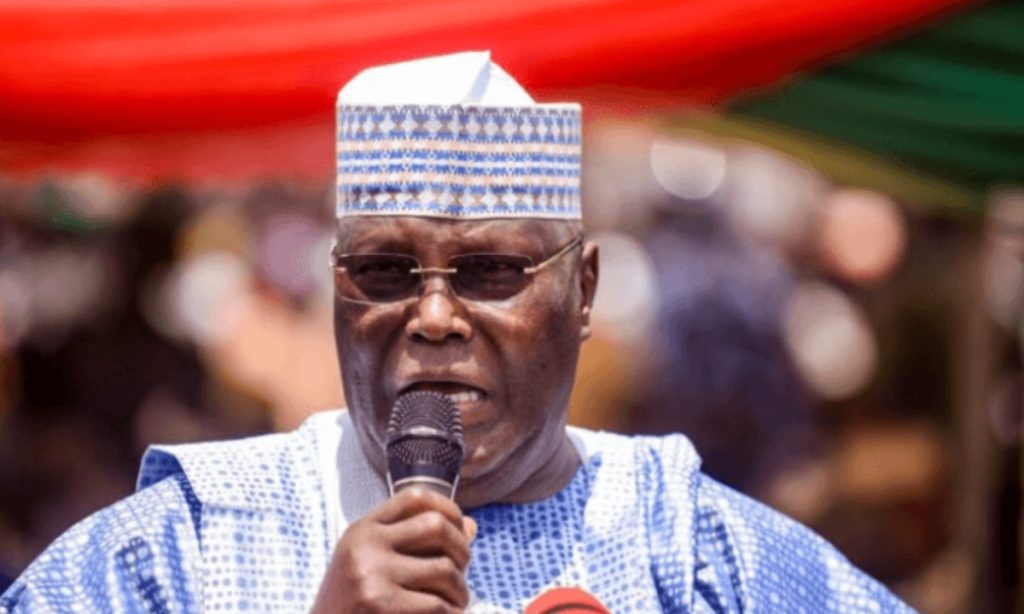The Urgent Need for Collective Action to Safeguard Peace
As the world grapples with unprecedented challenges, the United Nations Secretary-General, António Guterres, has sounded the alarm bell, warning that humanity faces a stark choice: reform or rupture. The era we live in is characterized as the "biggest shared test since the Second World War," where the fate of humanity hangs in the balance.
The findings on progress towards achieving the Sustainable Development Goals (SDGs) are a stark reminder of the urgent need for collective action. High levels of poverty, outdated education systems, and fragile global health systems are just a few of the many challenges that threaten the well-being of humanity. The COVID-19 pandemic has exposed the fragilities of our global systems, underscoring the need for collective solutions.
On the peace and security front, multilateralism is under severe strain. Mistrust among nations, competition among great powers, and increasing militarization are just a few of the many challenges that threaten global stability. The institutions and mechanisms established to promote cooperation and understanding between states have become inadequate, putting into question the viability of peace.
In response to these challenges, the United Nations is calling for decisive action on sustainable development, financing for development, international peace and security, technology and innovation, youth and future generations, and transforming global governance. The Summit of the Future, to be held on the sidelines of the General Assembly, will bring together world leaders to forge a global consensus on what our common future should look like and what we can do today to secure it.
Strengthening preventive diplomacy for peace is essential, requiring greater use of the United Nations as an inclusive arena for diplomacy, enhancing the Secretary-General’s ‘Good Offices’ role, and building stronger national prevention strategies. Reforming the United Nations, particularly the Security Council, is also vital to make it more representative, agile, responsive, accountable, and resilient.
The Secretary-General has also prioritized response to conflict, including through conflict prevention and management, peacekeeping, and AU-led peace support operations. Innovative financing mechanisms for peace support operations are crucial, particularly in Africa, which faces significant vulnerabilities.
As we stand at a pivotal moment in global history, we have a unique opportunity to make bold and more intelligent choices for future generations. The stakes cannot be higher. We must re-embrace global solidarity, find new ways to work together for peace, and build a stronger, more networked, and inclusive multilateral system that works for all of humanity.
In the words of the Secretary-General, "Now is the time to re-embrace global solidarity and find new ways to work together for peace;…to renew the social contract between governments and their people within societies;…to rebuild trust in global institutions, and embrace a comprehensive vision of human rights where gender biases are eradicated and the promises of a world free from discrimination are realized;…to ensure young people and succeeding generations are change agents better prepared for the challenges ahead;…to build a stronger, more networked and inclusive multilateral system that is anchored within the United Nations and works for all of humanity."
As we move forward, we must prioritize peace, security, and development, and work together to build a brighter future for all.



